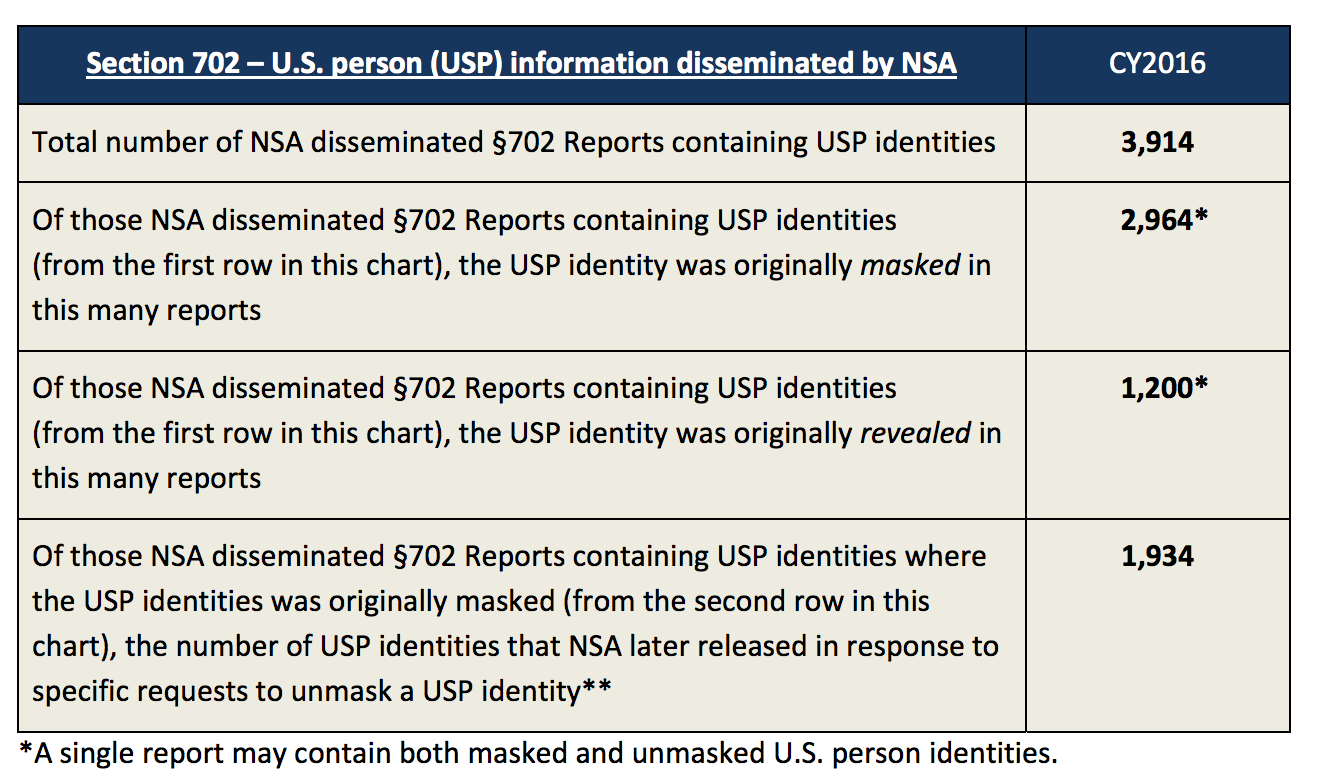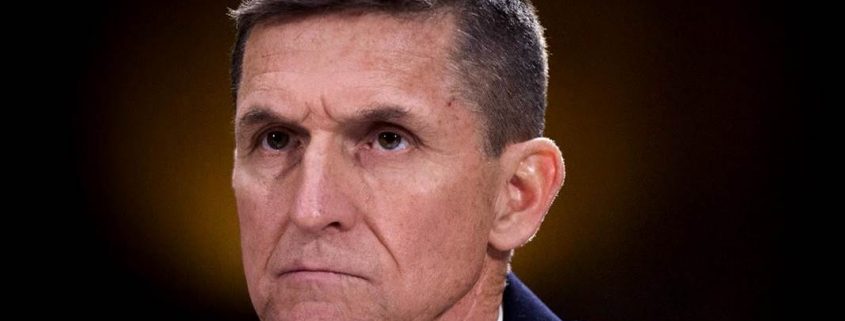“The Goals That Are Being Scored” … the Carter Page Saga
In the middle of the Carter Page testimony to the House Intelligence Committee last week, Adam Schiff tried to get him to answer whether he spoke about buying a stake of Rosneft during his July 2016 trip to Moscow — a key claim from the Steele dossier. Page professed that it might be possible, but he couldn’t remember such a discussion because he was watching Ronaldo on TV at the time.
He may have briefly mentioned it when we were looking up from this Portugal — Ronaldo, whoever the — you know, the goals that are being scored. That may have come up. But I have no definitive recollection of that.
Page comes off, often, as someone utterly clueless about how both the Trump campaign officials and the Russians trying to use him were doing so.
It depends on the definition of meet
That said, the most interesting bits involve the things Page tried to hide or obfuscate, such as his claim he never met Trump even after having been in a lot of meetings with him.
Mr. Rooney: Did you ever meet Mr. Trump?
Mr. Page: I have never met him in my life. I’ve been in a lot of meetings with him, and I’ve learned a lot from him, but never actually met him face-to-face.
He does the same with Arkadiy Dvorkovich, Russia’s Deputy Prime Minister, when Adam Schiff tries to point out that meeting him in July 2016 would amount to meeting a senior official.
Mr. Schiff: And you don’t consider him to be a high-up official or someone in an official capacity?
Mr. Page: I — nothing I — it was — again, I did not meet with him. I greeted him briefly as he was walking off the stage after his speech.
Page even compares these two instances of not-meetings later in his testimony.
[I]t goes back to the point I mentioned with listening to speeches, listening to particularly Arkadiy Dvorkovich’s speech, right. Again, great insights just like I learned great insights — even though I’ve met — I’ve never met Donald J. Trump in my life, I’ve learned a lot from him.
Ultimately, even Trey Gowdy finds this obfuscation around the word “meet” to be too much.
Mr. Gowdy: All right. I’ve written down four different words. I didn’t think I’d ever be going through this with anyone, but we’ve got to, I guess. You seem to draw a distinction between a meeting, a greeting, a conversation, and you hearing a speech.
JD Gordon’s central role
I pointed out last week how JD Gordon was playing the press in the wake of the Papadopoulos plea agreement being unsealed. Page’s testimony may explain why: because Gordon was the key person coordinating Page’s activities.
Page at first tries to hide this, before he admits that JD Gordon was his supervisor on the campaign.
And J.D. Gordon was brought in, and he was sort of the de facto organizers [sic] for our group, although not — there was no official command structure, because, again, it was an informal quasi think tank, if you will.
Page later describes Gordon as the most formal of the foreign policy group.
[T]he thing with J.D. is that — again, we’re an informal group, right. He was probably the most formal. I believe he may have even had — if I’m not mistaken, he may have had a Trump campaign email address. I had spoken with him on that — a few occasions that are — you know, we’d get together for a dinner. I may have sent an email or two to him on that. And again, he never definitively answered one way or another.
And Page seems to have treated his conversations with Gordon with some sensitivity (though there’s any number of reasons why this might be true, including that they were running a cutthroat political campaign). Eric Swalwell walks Page through an email in which he warned Gordon, in advance of a call, that he’d be in the “Third World” Laguardia Sky Club so could only listen, not speak.
Mr. Swalwell: In a May 24th, 2016, email to J.D. Gordon, Bates stamped [redacted], you wrote: “FYI: At the Newark Sky Club, Delta has a private room when you can have a confidential conversation, but, unfortunately, no such luck at Third World LaGuardia. So I’ll mostly be on receive mode, since there are a significant number of people in the lounge.”
Later in testimony, Schiff describes an email Page sent two days later, telling Gordon, “I’m planning to speak alongside the chairman and CEO of Sberbank as we’ll both be giving commencement addresses as Mosscow’s New economic School on July 8” (in fact the meeting never happened; though that may be because Dvorkovich replaced him).
Perhaps most damning of all, when Page “mentioned to [Jeff Sessions] in passing” (yet another exchange that shows Sessions perjured himself before the Senate) that he was about to go to Moscow, Gordon and Papadopoulos were present as well.
Mr. Schiff: Let me take you back to what we were discussing before our break, the meeting you had at the Republican National Headquarters I think is the building you’re referring to, if I understand correctly. What was the nature of the discussions at that meeting with Mr. Sessions, then-Senator Sessions — was J.D. Gordon present?
Mr. Page: I believe he was.
Mr. Schiff: And George Papadopoulos you believe was there?
Mr. Page: I believe, yes, to the best of my recollection.
This puts some of the key players together, discussing how Page’s trip to Moscow might benefit the campaign.
Finally, in spite of his efforts to downplay his exchange with Dvokovich, Page’s letter to Gordon boasting about it was a key focus.
Mr. Schiff: And in that [email], Dr. Page, didn’t you state, on Thursday and Friday, July 7 and 8, 2016: “Campaign Adviser Carter Page” — you’re referring to yourself in the third person — “presented before gatherings at the New Economic Schoo, NES, in Moscow, including their 2006 [sic] commencement ceremony. Russian Deputy Prime Minister and NES Board Member Arkadiy Dvorkovich also spoke before the event. In a private conversation, Dvorkovich expressed strong support for Mr. Trump and a desire to work toward devising better solutions in response to the vast range of current international problems”?
The others
While less substantive than the focus on JD Gordon, it’s clear Democratic members were interested in the roles of others: Corey Lewandowski, who “hired” Page and okayed his trip to Russia, Hope Hicks, who was in the loop, Sam Clovis, who made him sign an NDA and had another meeting with him before he left for Russia, and Michael Cohen, who kept the NDA (and in fact didn’t provide Page his promised copy). Schiff also got the list of those responsible for changing the platform (which I think is overblown) into the record: in addition to Gordon, Joseph Schmitz, Bert Mizusawa, Chuck Kubic, Walid Phares, and Tera Dahl.
But the most interesting exchange came right at the end, when Schiff walked Page through a list of people he might have interacted when. When he asked about Eric Trump, Page admitted to sending his resignation to the son.
Mr. Schiff: Eric Trump.
Mr. Page: I — when I sent in my letter of — saying that I am taking a leave of absence from the campaign, I sent an email to him and a bunch of other individuals. So that was on — late Sunday night, after I sent the letter to James Comey. I sent a copy of that to them.
Mr. Schiff: So you sent a letter to Eric Trump, but you have had no other interaction with him apart from that?
Mr. Page: No. No.
Mueller probably interviewed Page during the Papadopoulos lag
Finally, there is perhaps the most important detail. Page admits he has spoken with the FBI this year 4-5 times (he appears to have been represented by a lawyer earlier this year, but he’s now draining his savings and representing himself). When asked if he has met with Mueller’s investigators, he notes what I did: his October 10 letter sort of pleading the Fifth was addressed, first and foremost, to Robert Mueller, which would put his testimony between the time George Papadopoulos pled guilty to false statements and the time it was unsealed — the time when Mueller was locking in the testimony of everyone implicated by Papadopoulos’ cooperation.
As I noted the other day, in the affidavit the FBI wrote explaining why they wanted to seal any notice of Papadopoulos’ plea deal, they described their plans to get the testimony of the people who had knowledge between Russians and the campaign.
The investigation is ongoing and includes pursuing leads from information provided by and related to the defendant regarding communications he had, inter alia, with certain other individuals associated with the campaign. The government will very shortly seek, among other investigative steps, to interview certain individuals who may have knowledge of contacts between Russian nationals (or Russia-connected foreign nationals) and the campaign, including the contacts between the defendant and foreign nationals set forth in the Statement of Offense incorporated into the defendants plea agreement.
All the people interviewed in what I’ll call the Papadopoulos lag — the time between when he pled guilty and the time they unsealed his plea — likely operated with the false confidence that the Mueller team would not know of conversations among campaign staffers. It appears that Page (like Sam Clovis, and, probably,JD Gordon) was interviewed in that period.


![[Photo: National Security Agency, Ft. Meade, MD via Wikimedia]](https://www.emptywheel.net/wp-content/uploads/2017/08/NationalSecurityAgency_HQ-FortMeadeMD_Wikimedia.jpg)



